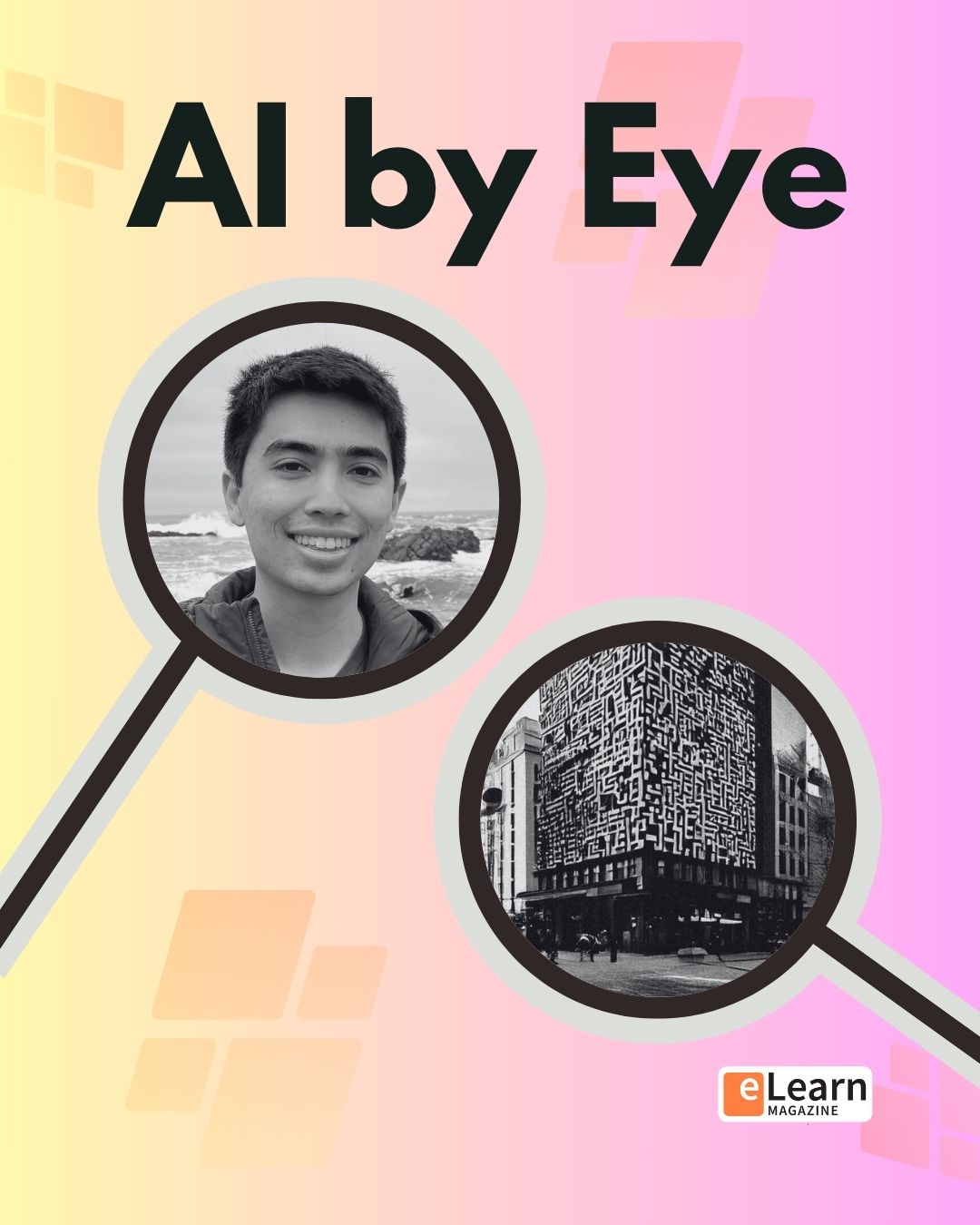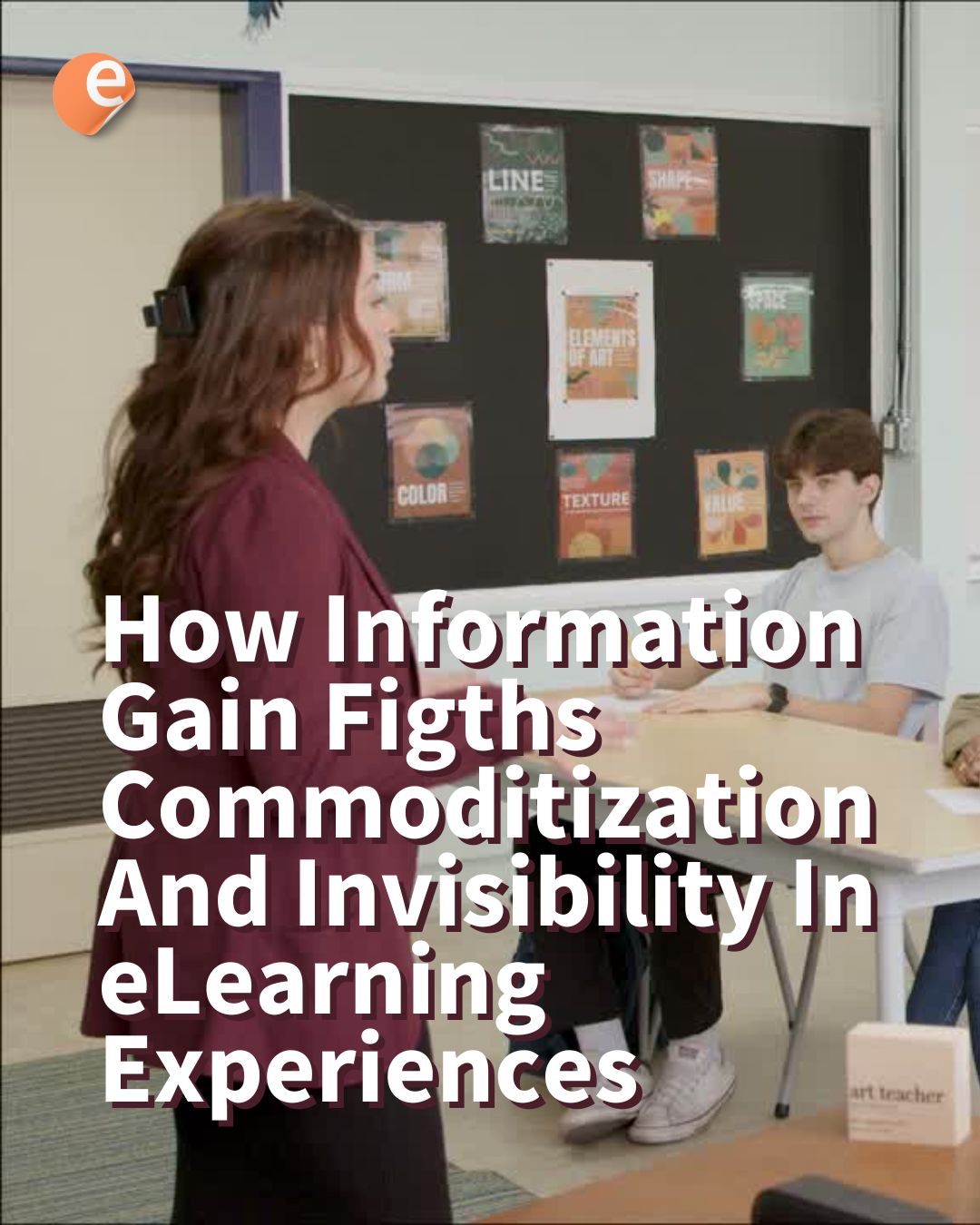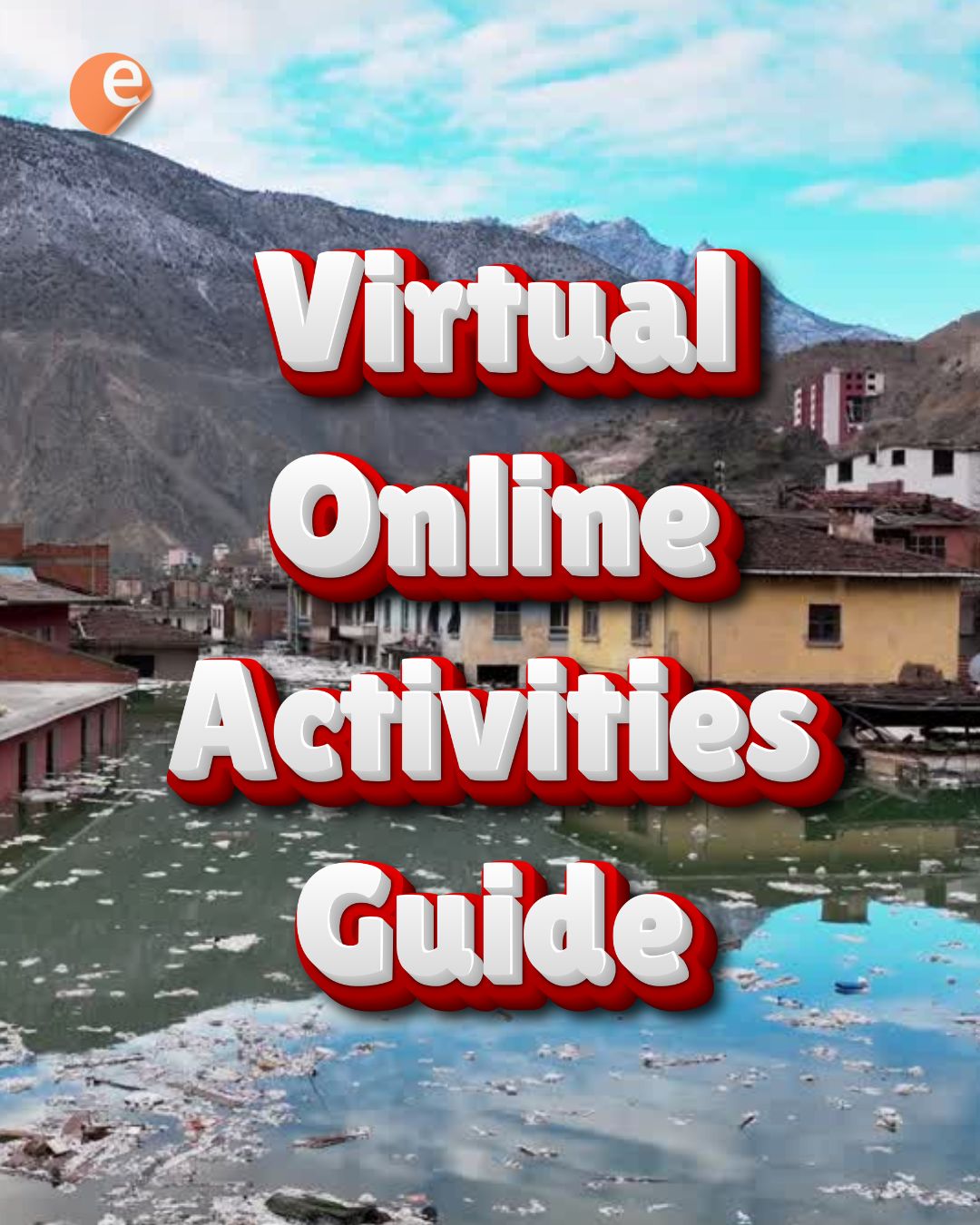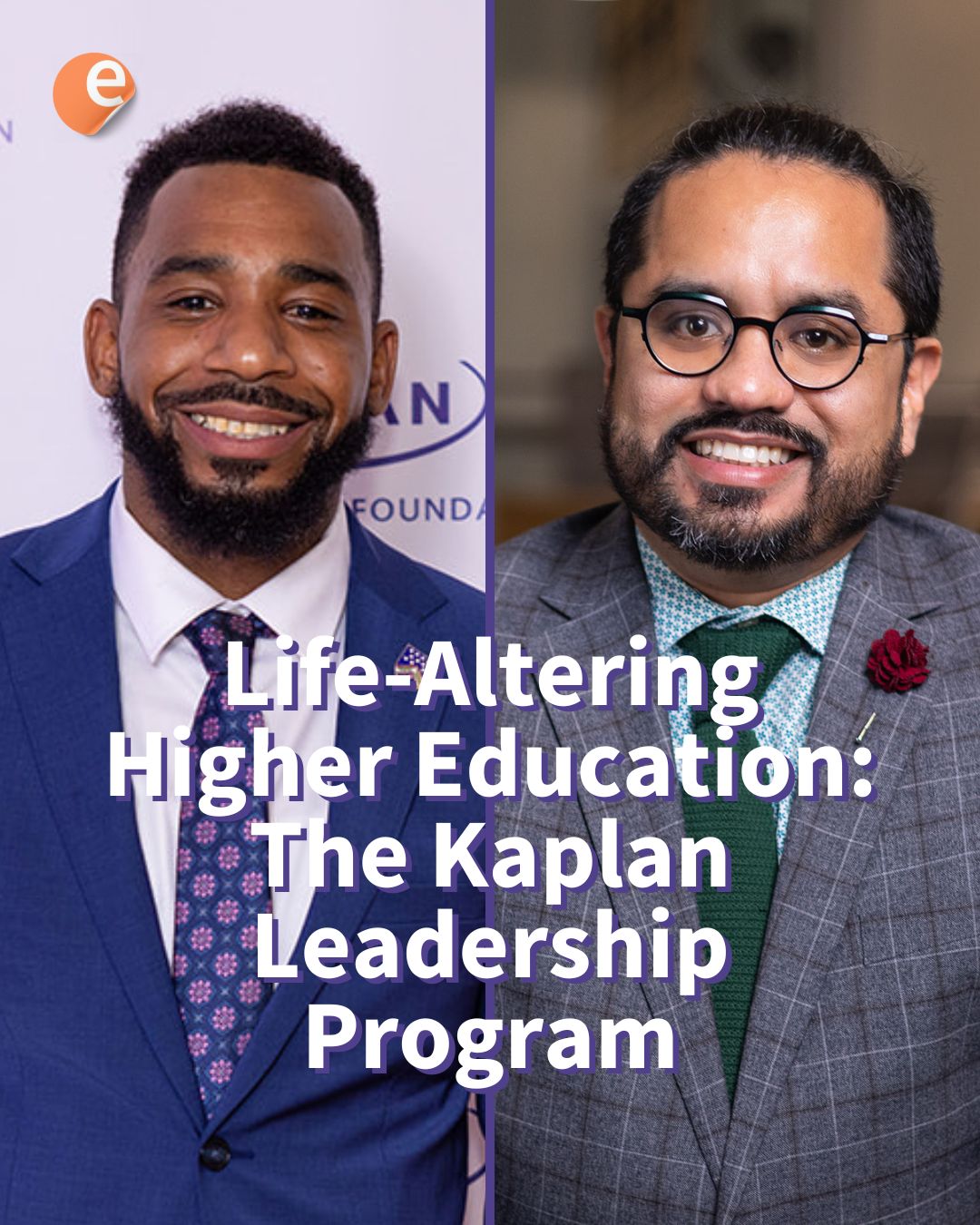University of the People, based in California, is the first non-profit, tuition-free, online university accredited in the US. Doubling its growth every year for the past five years, the virtual university needed a new LMS that effectively scaled its growth to continue its mission to offer tuition-free higher education studies to as many individuals globally as possible.
University of the People (UoPeople) is an innovative higher education institution. It was founded in 2009 with the belief that education should be a basic human right for all people. It’s the first non-profit, tuition-free, American, accredited, online university. The institution is dedicated to providing access to higher education globally to help all qualified high school graduates overcome the financial, geographic, political, and personal constraints that may keep them from pursuing university studies.
The university’s mission relies on strong technology infrastructure, and with its recent enrollment growth, it needed a new eLearning technology partner to support its operations.
Here’s how the journey to adopting a new LMS took place.
Education as a Powerful Force for Societal Change Powered by Technology

UoPeople believes that education is a powerful force for societal change and a key ingredient in the promotion of world peace and global economic development. Technology is at the heart of its mission and having the right eLearning partner is key to its expansion globally.
“Our goal is to open the gates of higher education to as many students around the world as humanly possible. To put it in perspective, UNESCO estimates that by 2025, there will be 98 million people around the world who will be unable to find seats in traditional universities. That’s why I founded the University and why it has grown so rapidly in recent years”, shares Shai Reshef, President and Founder of UoPeople.
The University’s mission is to provide educational opportunities to as many people as possible, including refugees, undocumented individuals, homeless students, working adults, and veterans.
In the past five years, UoPeople has experienced incredible growth, doubling enrollment every single year and becoming the fastest-growing university in the world. In 2020, the university had 43,000 students. This year, its enrollment includes over 117,000 students from more than 200 countries who participate in its online learning academic programs — a 142% increase year over year.
“Everyone that attends UoPeople comes to us because they have no other option to obtain a college degree. They lack the finances, aren’t able to attend classes for geographic reasons, or have life situations that prevent them from attending a traditional university. UoPeople is able to offer educational opportunities to so many individuals because we are a virtual university and provide all of our academic programs online”, affirms President Reshef.
A Strong Mission and Unprecedented Growth Calls for New Online Learning Technology

Years ago, the University started its journey using a Moodle™-based eLearning environment, an LMS choice in line with its mission and vision. With the increase in demand in recent years, intensified in 2020 with the onset of the pandemic, it became essential to find a new eLearning partner to help scale its eLearning offering.
After a rigorous review of several online learning platforms, UoPeople opted to migrate its more than 117,000 users to Open LMS EDU, an open-source eLearning platform with the capacity of delivering eLearning globally, offering the flexibility, ongoing support, and scalability the University requires.
Open-source eLearning technology supports UoPeople in several ways, namely:
- Affordability: UoPeople is fully online and can continue to expand and grow without the need to build physical classrooms, the kind of infrastructure needed at a typical university. The ability to scale at a low cost allows it to continue offering its tuition-free programs.
- Borderless education: Being fully online means UoPeople has the advantage of offering its programs worldwide. Each class consists of students from all over the globe, something that can only be achieved through an asynchronous online learning environment.
- Enables high academic quality: eLearning allows for the creation of high-quality materials that can be shared over and over again. Putting the best content, high-caliber lecturers, and best-in-class education materials in one place that can be accessed by thousands of students is not only cost-effective but possible at scale.
- Measurement of effectiveness and engagement: Online learning allows for the easy measurement of class engagement in a way that’s more evident than with in-person classes.
- Supports world understanding and world peace: Students from diverse cultural backgrounds can interact with each other in a safe environment, promoting dialogue among diverse ethnicities, gender, religion, and educational backgrounds, with educational pursuits as common ground.
Adopting Open LMS to Support Growth
From the outset, UoPeople chose a Moodle™-based LMS for its affordability as an open-source platform. It supported its unique pedagogical model and the University’s extensive use of peer-to-peer and collaborative learning. The switch to Open LMS was about supporting the scale of its rapid growth, having a highly technically-capable team that can help architect the system as it scales, and 24/7 support to ensure the system runs without interruption.
“What impressed us about Open LMS was the scale of their support organization and what their clients have said about it—its responsiveness in the monitoring of the systems was best-in-class from what we saw”, asserts President Reshef. “Our chief technology officer spoke with many Open LMS clients and they were happy with the level of responsiveness. I can confirm that we too are very happy with the high-level support. It’s exactly what we were promised”.
The real advantage of moving to a seasoned LMS provider is not only its knowledge in the administration of the platform but also the knowledge transfer that takes place between the company and the client. This is true when working with the Open LMS team to address an issue or fix a bug, the solution is openly shared with the institution, an invaluable resource to successfully administer the platform.
A Smooth Transition to Open LMS

Being on a Moodle™-based LMS meant that the transition to Open LMS didn’t require implementation from the ground up. A handful of aspects had to be re-configured, but the core system was the same.
A rigorous period of testing took place as requested by the institution to ensure the implementation day would go smoothly. With the intention to have the new platform running for the start of the Fall 2021 academic year, UoPeople had less than one week to implement the change and be ready for staff and students.
With the transition, UoPeople introduced a new theme and look and feel to the platform and provided an intro for staff and students. Generally speaking, “students hardly noticed the change—it was simply back into learning. They didn’t have any idea that we went through a big change and neither did our administration,” says Reshef.
So far, instructor feedback has been positive. For them, it was about learning to navigate the new site and learning the new components and capabilities that Open LMS offers.
For institutions looking to make the change to a new LMS, Reshef offers the following advice:
- Right now, the investment in EdTech is massive and there’s a universe of tools, ideas, and products being created. His recommendation is to start with a core system that is robust and popular so that all the new tools being developed integrate with it seamlessly.
- If you think of the LMS as the center of your teaching and learning ecosystem, choosing one that’s respected and widely used in the academic space will ensure you have a strong toolkit of tools to assess course effectiveness, improve students’ learning outcomes, and understand where more support is needed to ensure academic success.
Focusing on Course Design and Analytics Going Forward

Now that UoPeople has a new LMS in place, its focus for the next year will be on augmenting content across courses. Surveying its students globally, the University found that 80% have internet connectivity to stream video. So, while all courses are being produced to be interactive and rich in content types, they’re also text-based so they can be downloaded by any student with a low connection to be accessed anytime, which Open LMS supports.
With the size of its student body, UoPeople is also in a unique position to define its strategy and resource allocation based on student analytics. “It’s really about the use of data that we have at our fingertips to enhance the success potential of our students and help them learn more effectively. That will be a focus area in the coming years,” concludes Reshef.







